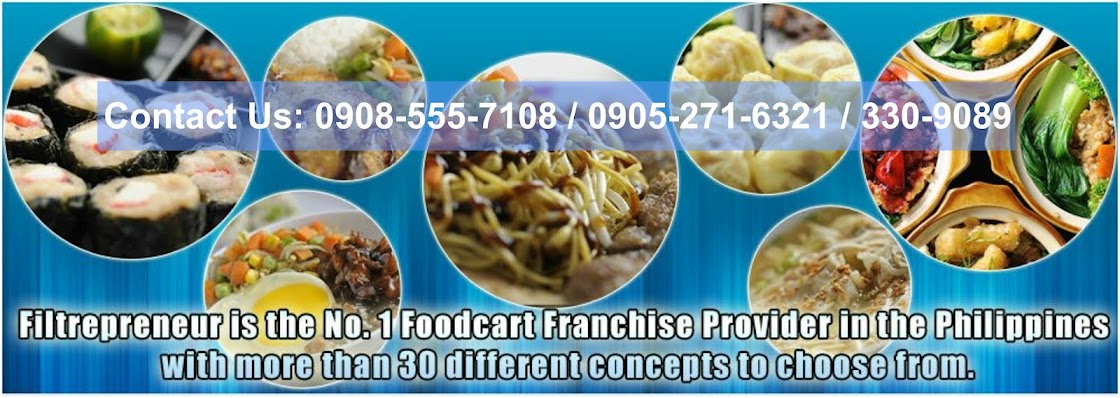 |
| collapsible actual siomai food cart |
Siomai has been a popular treat in the world. It originates in China and was distributed in the world as one of the delicious food cart style business. In the Philippines, food cart is one of the oldest business but never lost in our culture. Food cart siomai business is everywhere you can imagine because it is a great way to earn passive income while you are still in your job. However siomai food cart franchise is the easiest way to do if you don't have the time to make the business system of your own for now. The whole world eats Chinese food. Everywhere you go, you have the comfort of knowing that no matter how unfamiliar your surroundings, you will not starve to death: there is always a Chinese restaurant serving the necessary noodles, sweet-and-sour pork, fried rice and dim sum. (Where there is no Chinese restaurant, we’re doomed.) It’s not just comfort food; it’s affordable comfort food.
In Metro Manila many business starters have the comfort of knowing that authentic Hong Kong cuisine is always available at Filtrepreneur. clients swear by its siomai — said to be the best and affordable siomai in Manila, which is saying a lot. Of course, a fragrant Japanese siomai, dumplings, shawarma, waffle, siopao and more. The concept 3 in 1 food cart starts with when one client requested for a discount — the main branch is located at Greenhills San Juan Manila, begins the working day at 10 a.m., when individuals start coming to the office for an entrepreneurship concerns.
In Metro Manila many business starters have the comfort of knowing that authentic Hong Kong cuisine is always available at Filtrepreneur. clients swear by its siomai — said to be the best and affordable siomai in Manila, which is saying a lot. Of course, a fragrant Japanese siomai, dumplings, shawarma, waffle, siopao and more. The concept 3 in 1 food cart starts with when one client requested for a discount — the main branch is located at Greenhills San Juan Manila, begins the working day at 10 a.m., when individuals start coming to the office for an entrepreneurship concerns.
Aside from siomai franchise, siomai business, philippines, you may also like:
Siomai - franchise brief History
 |
| for siomai franchise, siomai business, philippines |
Siomai- (shaomai, shui mai, shu mai, sui mai, shui mei, siu mai, shao mai, siew mai, or siomai) also called Pork Dumplings is a traditional Chinese dumpling served in dim sum. There are many regional varieties of shumai in China, such as the Huhhot version, the Cantonese version and the version from the Jiangnan region, along with many other variations in other countries.
Huhhot Somai - is a regional variety in Huhhot, (inner Mongolia) China. It is considered one of the oldest varieties of siomai, and even sometimes considered the origin of siomai .
Cantonese siomai - As prepared in Cantonese cuisine, siomai is also referred to as "pork and mushroom dumpling."
Japanese siomai - Siomai in Japan is different than the traditional Chinese style. Pork is the main ingredient and no shrimp or beef is used in the dough.
Jiangnan siomai - Siomai prepared in the Jiangnan region (south of the Yangtze River, stretching from Shanghai to Nanjing) are quite different. The wrapper is larger and tougher than the Cantonese version.
Indonesian siomai - Siomay or siomai (sometimes called somay) in Indonesia is pronounced the same way as its sisters and is usually a wonton wrapper, stuffed with filling and steamed.
Philippine siomai - Siomai - franchise in the Philippines is often ground pork, beef, shrimp, among others, combined with extenders like green peas, carrots and the like which is then wrapped in wonton wrappers.
In Philippine food stalls and siomai franchise fast foods and restaurants, siomai is eaten as is, with dip, toothpicks to facilitating handling, or with rice (using a spoon and fork).
Source(s):en.wiki

